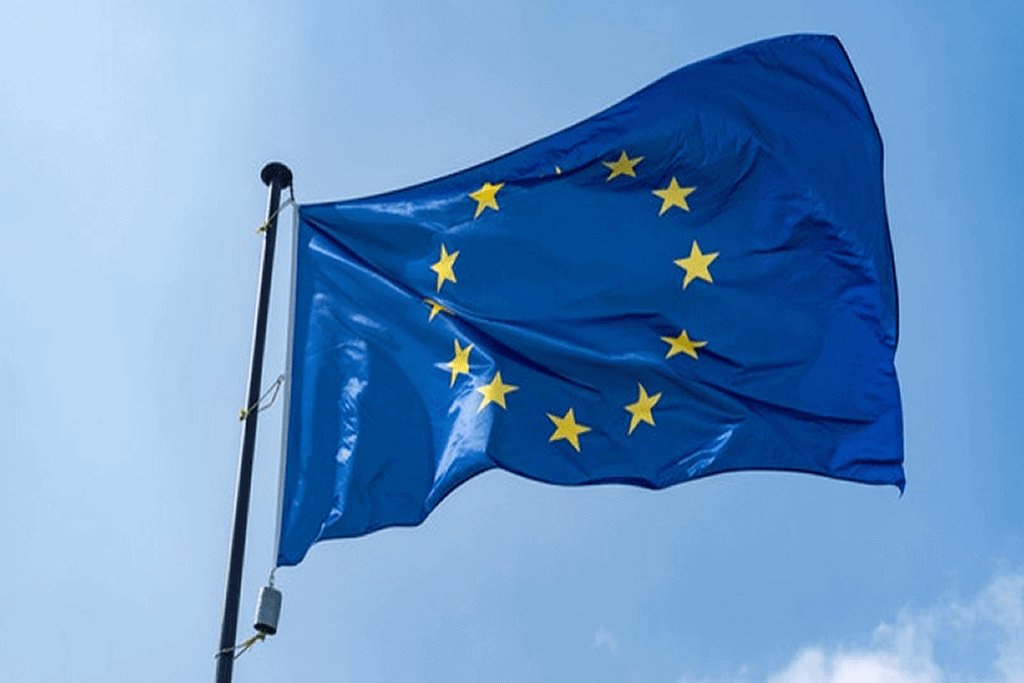
EU starts discussion of first budget after Brexit with cuts
Last updated on February 22nd, 2023 at 06:18 am
The heads of state and government of the EU countries will try on Thursday to reach an agreement on a multi-year community budget plan for 2021-2027. An emergency summit was convened at the end of January by the President of the European Council, Charles Michel, due to the fact that the European institutions failed the negotiations on the budget due to serious disagreements. The main problem is that it is necessary to close the budget hole of € 11 billion per year, which is formed after the UK leaves the European Union.
At the Brussels summit, the interests of donor states that pay more to the budget than they receive from it (all of Western Europe), recipients (Eastern Europe) and European institutions – the European Parliament and the European Commission (EC) will meet. Donors do not want to increase their contributions after Brexit, but this will mean cutting back on all targeted European programs, which the EU beneficiary countries oppose. In turn, the European Parliament wants to increase or at least maintain funding for key European programs, because their reduction means for Brussels the loss of the prestige of the community.
In addition, the draft seven-year budget submitted to the summit for the first time contains a proposal to deprive those countries that violate community legal norms of eurofinancing. If this rule were in effect now, Poland could remain without Euro subsidies, in relation to which the European Commission is conducting an investigation for violating the principles of the rule of law in judicial reform.
The UK, which was Germany’s second largest European budget donor after Germany, left the EU on January 31, leaving a multi-billion dollar hole. According to European diplomats, Brussels will miss about € 11 billion annually, which London contributed to the general budget. This means that in the new seven-year budget plan, almost € 80 billion is lacking. Therefore, Brussels needs to decide which programs should be donated.
Until the end of 2020, the UK, which formally left the EU, will still pay a contribution to the EU budget, since until this point the transition period after Brexit will continue. The termination of contributions will occur just in the new seven-year EU budget cycle.
Michel suggested that the community countries compensate for this gap, in particular, with a new tax on plastics and revenues from trading carbon credits. He made such an offer just a few days ago, but the President of the European Parliament, David Sassoli, has already stated that it is unsatisfactory.
As the EU representative told reporters before the meeting, funding for the EU’s main programs will be frozen from next year, if the heads of state and government of the community cannot reach an agreement on the budget in the coming days.
Even if an agreement is reached at the summit, the draft budget should be approved by the European Parliament. According to the representative of the EU, coordination will be difficult, “it will take time.”
One of the main innovations of the budget plan may be that the EU countries will not be able to receive subsidies from the general budget if they do not comply with community standards, in particular the rule of law, a European source said. According to him, the draft outcome document states that “a general regime will be introduced on the conditions for providing access to financing to combat the deficiencies in the state administration of member countries with regard to compliance with the rule of law.”
According to diplomats, the European Commission will identify such violations, after which its recommendation regarding funding restrictions should be supported by most states in the EU Council.
This innovation, if it is approved by the countries of the community, is revolutionary in nature – never before has the allocation of funding from the EU budget after its approval been determined by any additional factors. At the same time, observers believe that this norm is unlikely to be included in the document, since most states that receive Euro subsidies almost all of Eastern Europe, will oppose it. They fear that this mechanism will give Brussels and “old Europe” too much leverage to put pressure on the new EU countries.
EU institutions have tried to reach an agreement based on proposals submitted by Finland, the EU presidency. The amount of funding for the community budget for the next seven years, according to the proposal of Helsinki, should be € 1.087 trillion. This is 1.07% of the total GDP of the EU countries. At the same time, one of the main payers to the EU budget – Germany – proposed setting the budget at 1% of GDP.
Michel later updated the Finnish proposal without major changes, in connection with which the European Parliament said that it would not approve it. The European Parliament has traditionally been looking for ways to maintain and expand European programs, regardless of the fact that revenues to the EU budget will decrease after Brexit.
The EU budget is drawn up for a seven-year period, which is determined by the need for predictable funding for multi-year European programs and projects. The budget is formed from direct contributions of member countries, therefore, its approval and approval by all states imposes financial obligations on them. This protects the EU budget from a sudden reduction in payments from one state or another, for example, as a result of a change of government.
To Read more News from Europe
Read More:– India Shifts To Indonesia To Meet Palm Oil Needs




